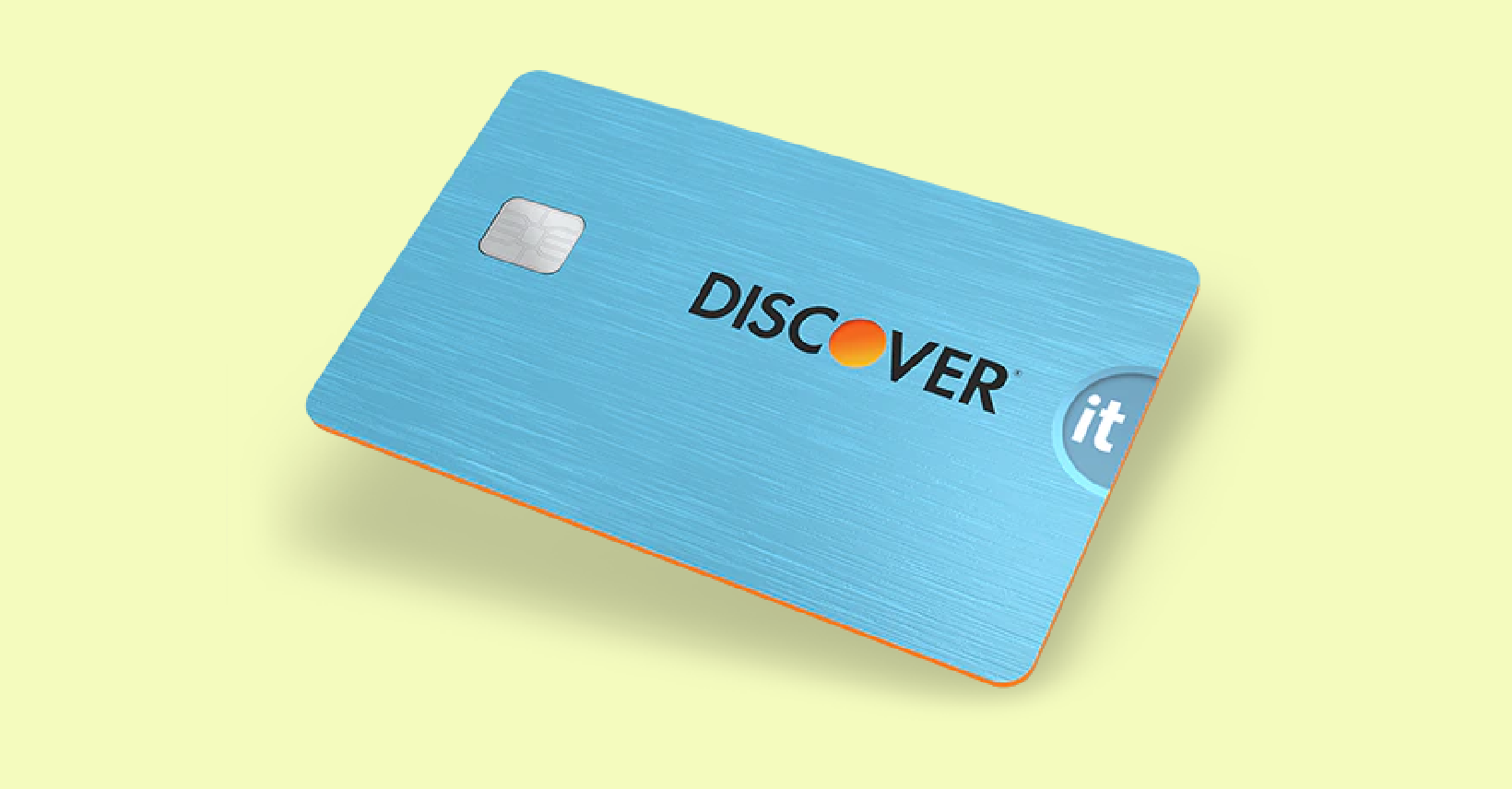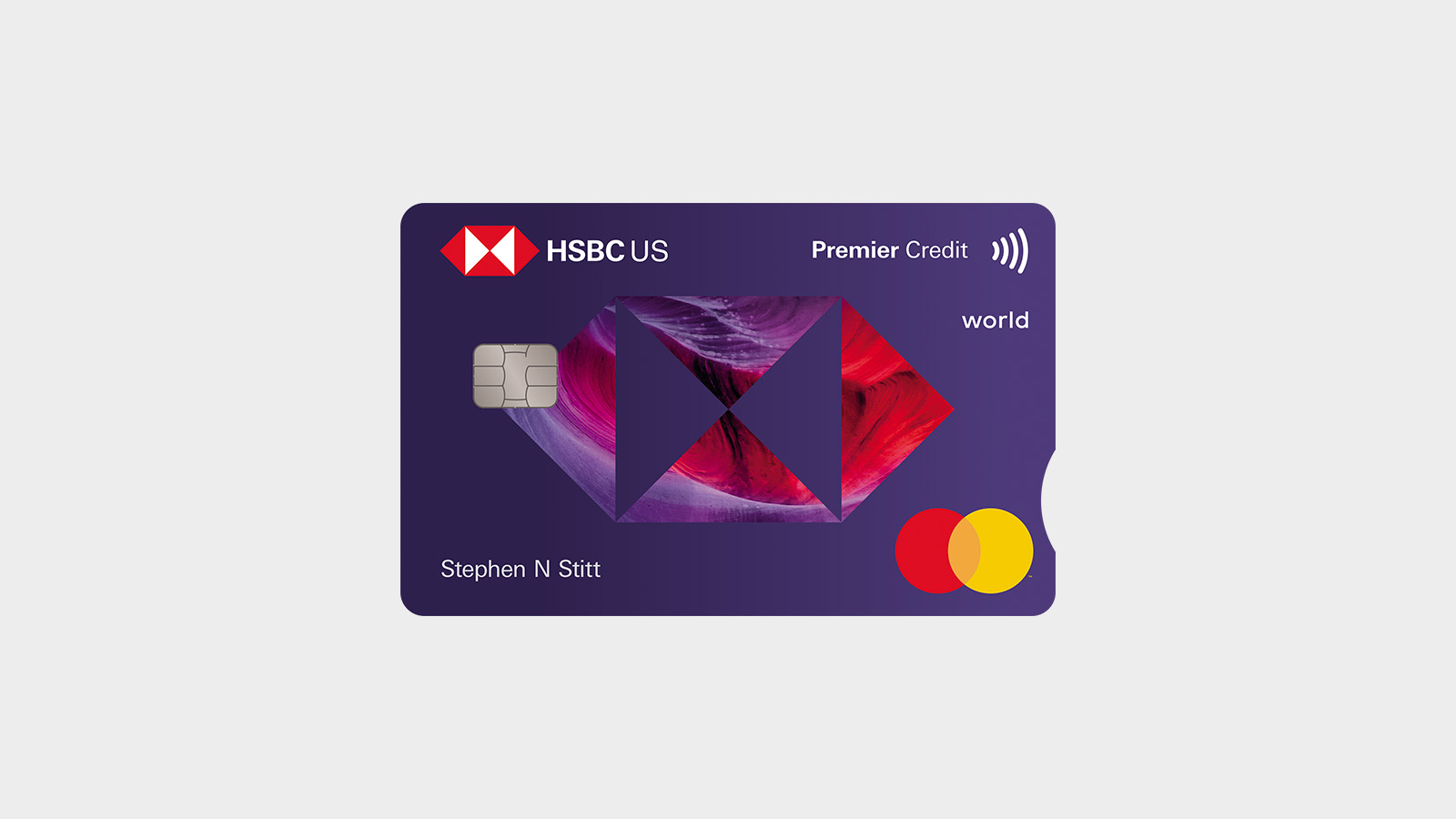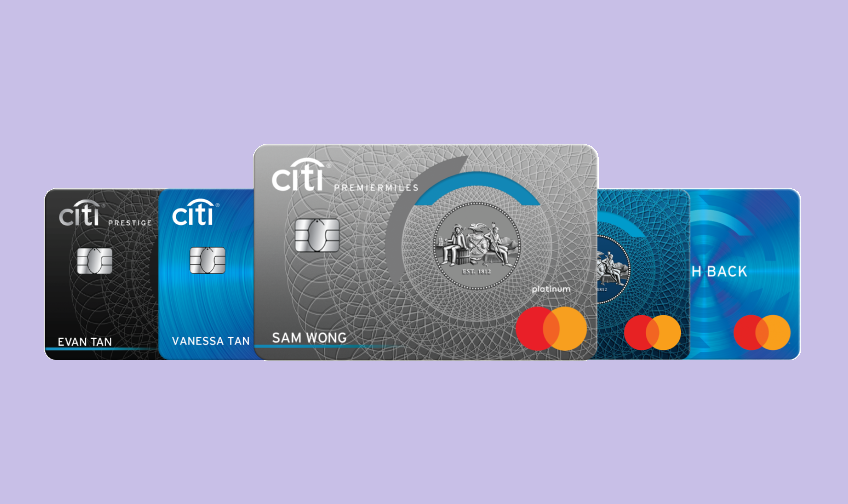Strategies for Negotiating Credit Card Fees and Benefits with Issuers

Managing Your Credit Card Effectively
Managing your credit card wisely can lead to significant savings and improved financial well-being. Understanding the nuances of credit card features — such as annual fees, interest rates, and rewards programs — provides a fertile ground for negotiation. By adopting strategic practices, you can secure better terms and maximize benefits that correspond to your spending behavior.
Strategies for Negotiating with Credit Card Issuers
When it comes to negotiating with credit card companies, employing strategic tactics can significantly enhance your chances of success. Consider the following approaches:
- Research the Market: Before reaching out to your credit card issuer, take some time to investigate what other companies are offering. For example, if you find that several competitors have lower interest rates or enticing cash back options, use this information to your advantage. This knowledge empowers you to request similar benefits or reductions from your current issuer.
- Build Your Case: When you contact your credit card company, come prepared with evidence of your strong payment history. If you have consistently paid your bills on time and maintained your account for several years, emphasize these points. This loyalty could make your issuer inclined to consider your request for lower fees or a better interest rate.
- Ask for Specific Changes: It is essential to be as clear as possible about what you want to negotiate. For instance, if you’re burdened by a high annual fee, don’t hesitate to ask for a waiver. Additionally, if the interest rate on your card seems excessive, explicitly request a reduction. Providing a clear direction allows the issuer to understand your needs better and respond accordingly.
Choosing the Right Time to Negotiate
The timing of your negotiation can also play a pivotal role in the outcome. Contacting your credit card company during promotional periods, such as the beginning of the year when many issuers evaluate accounts, can increase your chances of securing a favorable adjustment. Furthermore, if you’ve recently undergone changes in your financial situation, such as earning a promotion or refinancing a loan, using this context during negotiations can bolster your position.
Credit card issuers appreciate customers who are informed and proactive about their financial health. By demonstrating a comprehensive understanding of your needs and the options available, you make yourself a valued client. This engagement equips you to advocate effectively for better terms, paving the way for an enhanced financial future.
Ultimately, managing your credit card effectively requires diligence and a willingness to negotiate. With the right strategies in hand, you can create a credit card experience that aligns with your financial goals, ensuring that you reap the maximum benefits while minimizing costs.
DISCOVER MORE: Click here for details on applying
Effective Negotiation Techniques for Credit Card Terms
Negotiating credit card fees and benefits requires not only the right strategies but also confidence in your value as a customer. Understanding your position could greatly enhance your success when discussing fees or requesting new benefits. Here are several effective techniques to consider:
- Know Your Worth: Begin your negotiation by recognizing your standing with the issuer. If you’ve maintained a positive credit score, are consistently making on-time payments, and have a history of using the card responsibly, you possess leverage. Highlighting your reliability can persuade issuers to offer better terms.
- Leverage Competition: Use your research about competitors’ offerings to strengthen your bargaining position. If you discover that another credit card provides lower fees or superior rewards, mention it during your conversation. This tactic can push your issuer to match or better those offers to retain you as a customer.
- Use a Polite Yet Firm Approach: When communicating with your credit card issuer, maintain a friendly, respectful tone, but be assertive about your needs. Explain specifically what you are seeking — whether it’s a reduced interest rate, waived fees, or enhanced rewards. A calm and rational discussion can go a long way toward achieving favorable results.
- Be Prepared for Pushback: Understand that not all requests will be met with approval immediately. Your issuer may present counter-offers or express hesitation. Being prepared for this response allows you to think critically about your options rather than becoming disheartened. If an initial request is denied, ask questions to understand their reasoning, so you can adjust your approach and try again later.
Understanding Customer Retention Tactics
Credit card companies value customer retention and are often willing to make adjustments to keep you satisfied. Understanding this can inform your negotiation strategy. Issuers may prefer providing benefits and reducing fees over losing a long-term client. You can assert that your loyalty to their brand will continue if they’re willing to accommodate your requests. This perspective can shift the conversation toward creating mutual benefits.
Moreover, be aware of any promotional offers or changes within the issuer’s programs. If they’ve recently revamped their rewards structure or announced price adjustments, mention these points as they can serve as leverage when negotiating. Being well-informed of these changes demonstrates your engagement as a customer and reinforces your case for modifications to your account.
Incorporating these negotiation strategies not only helps you secure better terms but also reinforces your financial position. A proactive approach can lead to significant savings and enhanced benefits that fit your lifestyle. As you prepare to engage with your credit card issuer, remember that a blend of confidence, research, and clear communication lays the foundation for successful negotiations.
DISCOVER MORE: Click here to learn how to apply
Building a Long-Term Relationship with Your Issuer
When it comes to negotiating credit card fees and benefits, cultivating a long-term relationship with your issuer can pay off significantly. Rather than viewing the negotiation as a one-time interaction, think of it as the beginning of an ongoing dialogue that can reap rewards over time. Establishing rapport with customer service representatives and consistently engaging with the company can lead to more favorable outcomes.
Regular Account Maintenance: Periodically checking in on your credit card account can help you stay informed about any changes in terms or benefits. After all, credit card issuers frequently update their offerings, and you might find opportunities to negotiate better deals simply by being proactive. For example, if a new rewards program is introduced or interest rates shift, reach out to your issuer to inquire how these changes might affect your account settings.
Ask for Timing: Timing your negotiation is vital, especially when your issuer is motivated to keep you engaged. Often, companies have quarterly goals related to customer satisfaction and retention. If you initiate the conversation close to these periods, they may be more open to negotiations to meet their targets. Timing your request after a positive interaction—such as when you’ve accumulated rewards points or completed a promotional offer—can also enhance your chances of success.
Utilizing Special Circumstances for Negotiation
Special circumstances can also serve as strategic leverage points in your negotiation discussions. For instance, if you’re experiencing temporary financial difficulties or have a life event that may affect your spending, don’t hesitate to mention it. Many issuers have hardship programs that offer temporary relief, such as reduced interest rates or waived fees. Sharing your honest situation may evoke empathy and prompt them to work with you.
Utilizing Credit Counseling Services: If you find that negotiating directly with customer service is proving challenging, consider enlisting the help of credit counseling services. These organizations can offer professional advice on debt management and may even assist in negotiations on your behalf. By bringing in a third party, you may enhance your credibility and receive expert assistance to navigate discussions with the issuer.
Documenting Your Negotiations
Keep a clear record of all communication with your credit card issuer. Documenting your discussions ensures that you have an accurate account of what was discussed, agreed upon, and any commitments made. This record acts as a reference during future negotiations and adds an element of accountability, which can help ensure that your issuer follows through on any promises made. Additionally, if a billing discrepancy or service issue arises, having these records can strengthen your case when seeking a resolution.
In the journey to negotiate credit card fees and benefits, an understanding of the nuances within your negotiations can lead to lucrative results. By implementing a long-term strategy, remaining open about your circumstances, and documenting your communication, you will enhance your capability to negotiate effectively. Each step adds to the foundation that can not only improve your current financial situation but also empower you in future discussions with your credit card issuer.
DISCOVER MORE: Click here for in-depth techniques
Final Thoughts on Effective Negotiation Strategies
Successfully negotiating credit card fees and benefits is an essential skill that can greatly influence your financial health. By understanding the dynamics of your issuer’s policies and employing strategic approaches, you position yourself to unlock the potential advantages that may be available. Always remember that the key to effective negotiation lies in communication, understanding your options, and persistence.
Initiating a dialogue with your issuer should not be seen as a daunting task but rather as an opportunity to forge a beneficial relationship. Be patient and proactive—regularly maintain your account and stay informed about changes that may impact your financial terms. Involving special circumstances in your negotiations, whether personal financial challenges or significant life events, can lead to tailored solutions that meet your needs.
Moreover, leveraging the expertise of credit counseling services can provide additional support, particularly when direct communication appears challenging. Lastly, documenting every interaction not only helps establish accountability but also empowers you in any future discussions.
In conclusion, view negotiations as a collaborative effort aimed at achieving a financial solution that works for both you and your issuer. With a commitment to transparency and organization, you can effectively navigate the complexities of credit card negotiation, leading to improved terms and a more rewarding financial experience.


